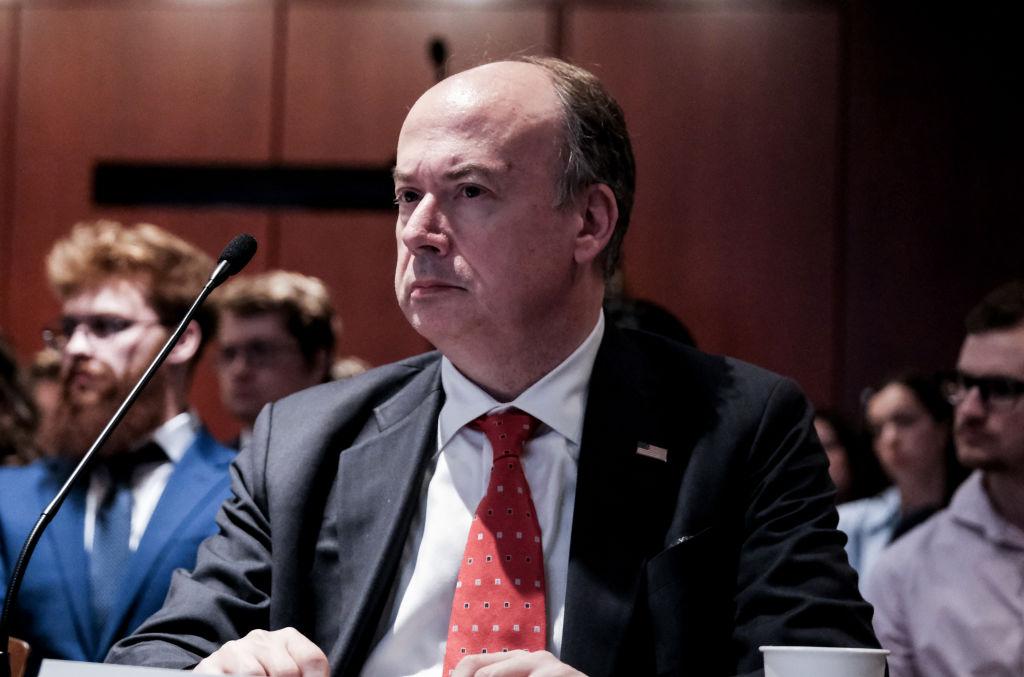On Friday, a federal judge declined to hear Jeffrey Clark’s case in federal court. Mr. Clark, former Department of Justice (DOJ) official, was indicted alongside former President Donald Trump and another 17 co-defendants for their actions in challenging the 2020 election results.
Fulton County District Attorney Fani Willis, who is prosecuting the case, claims their actions constituted a “racketeering criminal enterprise conspiracy.” On Aug. 14, a grand jury handed up a 98-page indictment charging all 19 defendants with violating Georgia’s Racketeer Influenced and Corrupt Organizations (RICO) Act and a total of 40 more charges.





